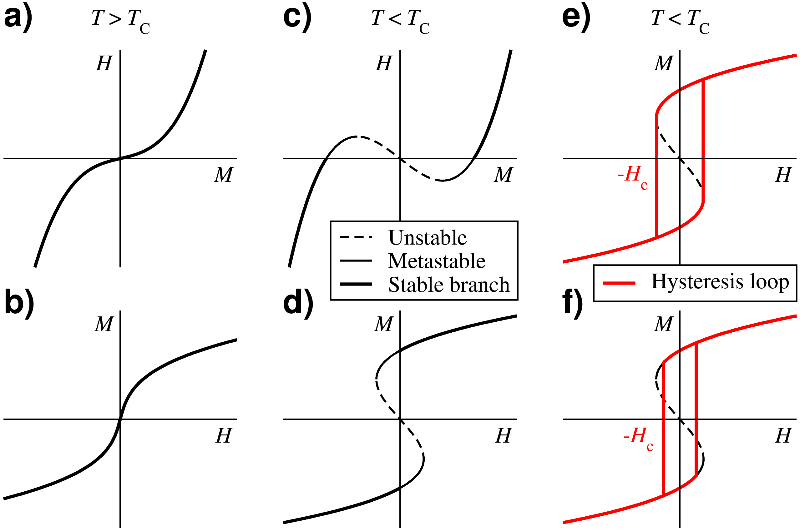Functional materials refer to materials that primarily are not used for their mechanical properties, but for other properties such as physical, chemical etc. The Course deals with:
· Intermetallic materials, including
o superalloys
o memory metals/alloys
o surface coating materials
· Biomaterials
· Advanced ceramic materials, including
o ferroelectric and piezoelectric materials
o electric insulators
o thermal barrier coatings
· Magnetic materials
· Electronic materials, including
o elementary and composite semiconductors
o conductive polymers
o ionic conductor
· Catalytic materials
The course also includes knowledge of which "functions" that can be built in to a material and how one can maximise the performance of the material. Furthermore, information retrieval to find the relevant literature data about functional materials is brought up.
